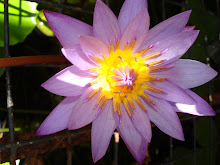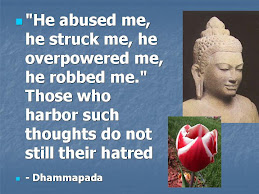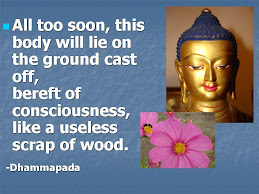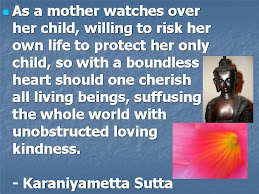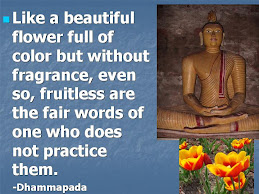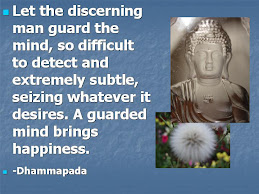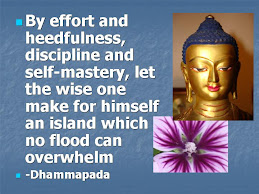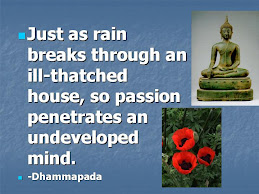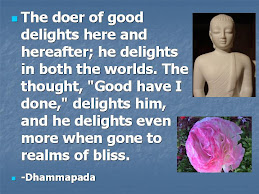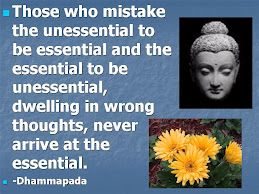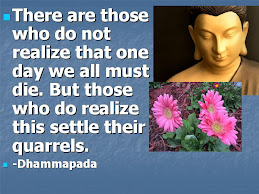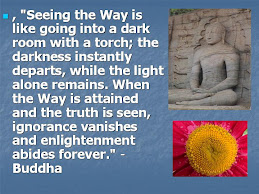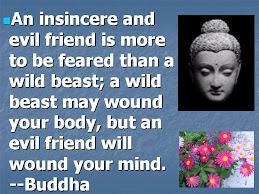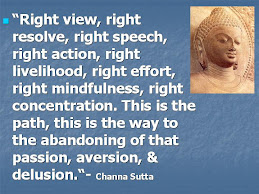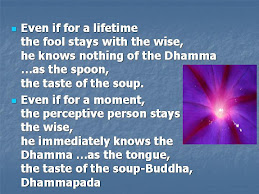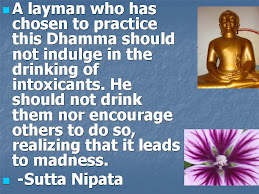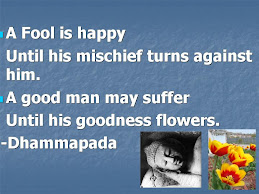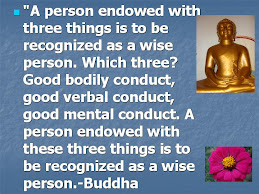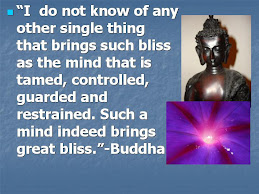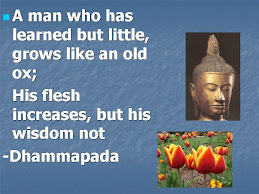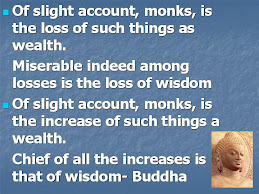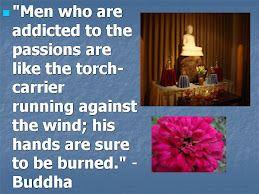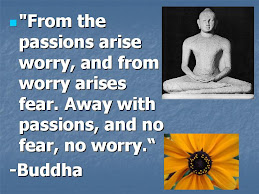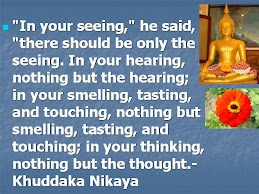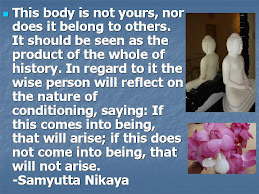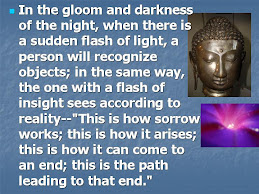".... Because
. That is why I have not taught them.
http://www.accesstoinsight.org/tipitaka/sn/sn56/sn56.031.than.htmlIf not it will be like (a simile):"It's just as if a man were wounded with an arrow thickly smeared with
poison. His friends & companions, kinsmen & relatives would provide
him with a surgeon, and the man would say,
'I won't have this arrow
removed until I know whether the man who wounded me was a noble
warrior, a priest, a merchant, or a worker.' He would say, 'I won't
have this arrow removed until I know the given name & clan name of the
man who wounded me... until I know whether he was tall, medium, or
short... until I know whether he was dark, ruddy-brown, or golden-
colored... until I know his home village, town, or city... until I
know whether the bow with which I was wounded was a long bow or a
crossbow... until I know whether the bowstring with which I was
wounded was fiber, bamboo threads, sinew, hemp, or bark... until I
know whether the shaft with which I was wounded was wild or
cultivated... until I know whether the feathers of the shaft with
which I was wounded were those of a vulture, a stork, a hawk, a
peacock, or another bird... until I know whether the shaft with which
I was wounded was bound with the sinew of an ox, a water buffalo, a
langur, or a monkey.' He would say, 'I won't have this arrow removed
until I know whether the shaft with which I was wounded was that of a
common arrow, a curved arrow, a barbed, a calf-toothed, or an oleander
arrow.'
The man would die and those things would still remain unknown
to him.http://www.accesstoinsight.org/tipitaka/mn/mn.063.than.htmlIf that is the case why did Buddha discuss origin of the world and end of the world in some suttas?Agganna sutta* (origin of the world) was discussed mainly to teach the
origin of the cast system in India at the time. The Spatha Suriyagamana sutta** (end of the world or the disclose of the seven suns) was discussed to show the
impermanent nature of all conditioned things. In both these suttas Buddha the key message is that the
Dhamma is the refuge for us all.*
http://tipitaka.wikia.com/wiki/Agganna_Sutta 





